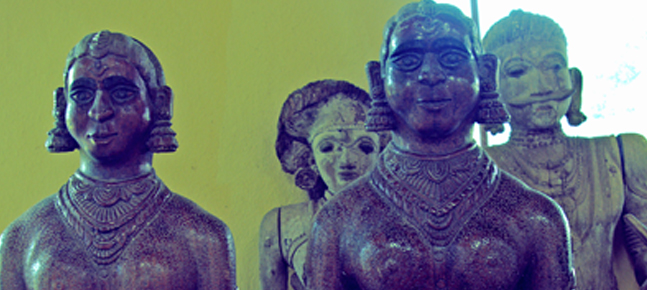
“Don’t mistake her for goddess Lakshmi”, quipped Dr. Satheesh, a Kannada scholar, who had volunteered to be our local guide . We were in Dakshina Kannada district of Karnataka, where I found Siri amidst dense forest enveloped in cloud of mystery. “She has her own existence and her mythology is unique to the Tulu culture. Siri was a mortal who turned into a benevolent spirit. Her life resonates all the travails of an ‘Indian’ women- abused, humiliated and cheated by men in her life.* ” Satheesh laughed awkwardly as he introduced me to Siri.
Siri – a goddess from Tuluva culture is deeply rooted in the matrilineal system. Tulu language belongs to Dravidian languages and most of its literature is in oral forms called –pardana or paddana or sandi or sandhi ( oral epics narrating the legends of the local spirits bhuta-s and daiva-s). Cult of Siri falls under the worship of bhutaradhane or the worship of ancestral spirits where the deity or the spirits negotiates with their devotees through the ‘possessed impersonator ’. Siri paddanas- are sung by women while sowing paddy fields.
It is a story of three generation of women- Siri, her daughter Sonne, and her twin grand daughters Abbaga and Daraga and the tragedies that fell upon them. According to the legend an old wealthy Bunt (name of a caste) named Bermanna Alva ruled the principality of Sathyanapura. He had no heir of his own. Annu Shetty a son of his relative helped him run the principality but Bermanna wished to have his own issue to run his business and principality. Every day he would pray to god Bermeru (Brahma) to grant him an issue. One day Bermeru appeared before him in a guise of a Brahmana and told him that the neglect of the ancestral deities was the root cause of his sorrow. Bermanna immediately restored the ancestral temple and started offering puja to his ancestral deities asking them for forgiveness. One day Bermanna returned home with prasadam consisting of areca nut flowers and sandalwood paste. In the morning he found a beautiful baby girl in the midst of areca nut pods. Bermanna was delighted and thanked gods for blessing him with a daughter. Seeing her beauty he named her Siri . Siri grew at a phenomenal rate as a fierce independent girl, who spoke her mind. As per the custom of the time, as Siri reached her puberty, Bermanna arranged her marriage to Kantha Alva- a minor feudal lord from his principality. At the time of wedding, Kantha promised Bermanna that he would keep his daughter happy with all pleasure. Very soon Siri got pregnant with her first child. But Kantha neglected her and had begun visiting Siddu- a village prostitute. When Bermanna came to fetch his daughter to perform the seventh month baby shower ( bayake ) he founds Kantha enjoying his time with Siddu. After much persuasion, Kantha returned home and gifted a saree to Siri. But Siri refused to accept it, and accused him for gifting her a saree which is worn by his mistress Siddu . Angry for insulting him before the elders, Kantha abused Siri and vowed that he would take revenge on her one day. Saddened by the events, Bermanna brought his daughter to his home in Sathyanapura. Siri delivered her first child and named him Kumara. Court astrologers predicted that the child is cursed-and Bermanna should never see the face of the baby. Kantha refuses to come and see the new born baby. One day, Bermanna hears baby cry incessantly. He tries calling out to Siri but no one replies to his call. As he holds the child to pacify him he collapses and dies.
When Kantha comes to know of Bermanna’s death, he conspires with Annu Shetty and bribes the court officials to procure the succession rights of the throne of Sathyanapura. Siri looses the court battle and is thrown out of her home by Kantha. Siri curses her husband and leaves the palace with her new born child and her loyal maid servant Daru . She lives in the forest owned by Bola kings . On the way to the forest, she performs many magical feats suggesting her divine powers. Soon Kumara dies . (some versions do not mention death of Kumar but states he vanishes making a prediction that his mother would remarry and will give birth to a baby girl. He promises Siri that he would help anyone in times of need as he has turned into a benevolent spirit) Daru too dies leaving Siri lonely and heartbroken.
One day twin kings of Bola, Kariya Kaasinghe and Boliya Deesinghe find her in the forest and bring her to their palace after hearing her tragic story. They arrange her marriage to Kodsar Alva of Kotradi a local landlord. As predicted by Kumara-Siri gives birth to a daughter and names her Sonne. Siri dies after giving birth to her daughter. Before dying she blesses the land and proclaims that anyone who worships her will get abundance in their life and will be free of diseases and illness. (In some versions there is no mention of Siri’s death in childbirth. Instead it is said that she vanishes from earth after giving birth to Sonne)
The epic continues to tell the story of her daughter Sonne. She is brought up by Ajjeru ( an elderly person) along with his daughter Ginde. When Sonne comes of age Ajjeru marries her to a respectable boy by name Guru Marla. The couple remains childless after many years of marriage. She and her husband make a vow to Bermeru that if they are blessed with children they would devote themselves to his worship. Soon Sonne gives birth to two beautiful twin daughters who are named Abbaga and Daraga. Sonne gets busy with her daughters and forgets her vow to lord Bermeru. One day Bermeru comes in disguise of an astrologer and reminds Sonne and her husband “ If you forget your vow, lord would take back his gifts”. Guru Marla gets angry at the astrologer for uttering ill words and drives him away. Later that day, Sonne and Guru Marla had to leave the house to arrange the marriage for their young daughters. They leave their daughter behind. Before leaving home, Sonne hides the game of cenne mane *(a type of dice game)- knowing that girls get into a bitter fight whenever they the game. Bermeru ceases the opportunity and taking the form of a Brahmin sneaks into the house. He opens the chest and encourages Abbaga and Daraga to play the game. Soon they get into a quarrel- and in the fit of rage one of the girls hit the board on other girl’s head killing her instantly. Realizing that she had killed her sister, the twin sister than commits suicide by jumping in nearby well. When Sonne and Guru Marla return they find both her daughters dead. As they cry heartbroken, appealing the gods; Bermeru appears before them reminding them of their forgotten vow and his own reminder to rectify the mistake.
Note:
* According to Peter Claus the similarity between legend of Siri and tale of Kannagi from Tamil Sangam period suggest that both the tales might have been constructed on the same plot.
*Cenne mane(= board) is a board game. Only royal families had the right to use such boards. Ordinary boards are usually made of hard, dense woods, such as rosewood or ebony. There are two varieties. A portable one made of two separate pieces of wood about 14 inches long, each with one row of seven pits hinged on one side so that they fold on top of the other; and, the more traditional one, consisting of a single board eighteen inches long, with fourteen playing pits and two larger cavities at either end used for storing captured pieces on the topside, with legs at either end on the bottom side.( Peter Claus: Cenne Mancala in Tuluva Culture)
Story Collected by : Vidya Kamat
Story told by: Dr.Satheesh Chitrapur, and Dr.Chithra Kallur
Location: Kavathar, Dakshina Kannada District, Karnataka
Text source: Clause, Peter J., “ A Ritual Transformation of a Myth’. South Indian Folklorist, Vol 1 no; 1, 1997
Image Details: Decommissioned icons of Ginde, Abbage, Darage, Sonne ( in front row). Siri and Kumara ( at he back row) in the temple at Kavathar
Image Source and copyright: Vidya Kamat







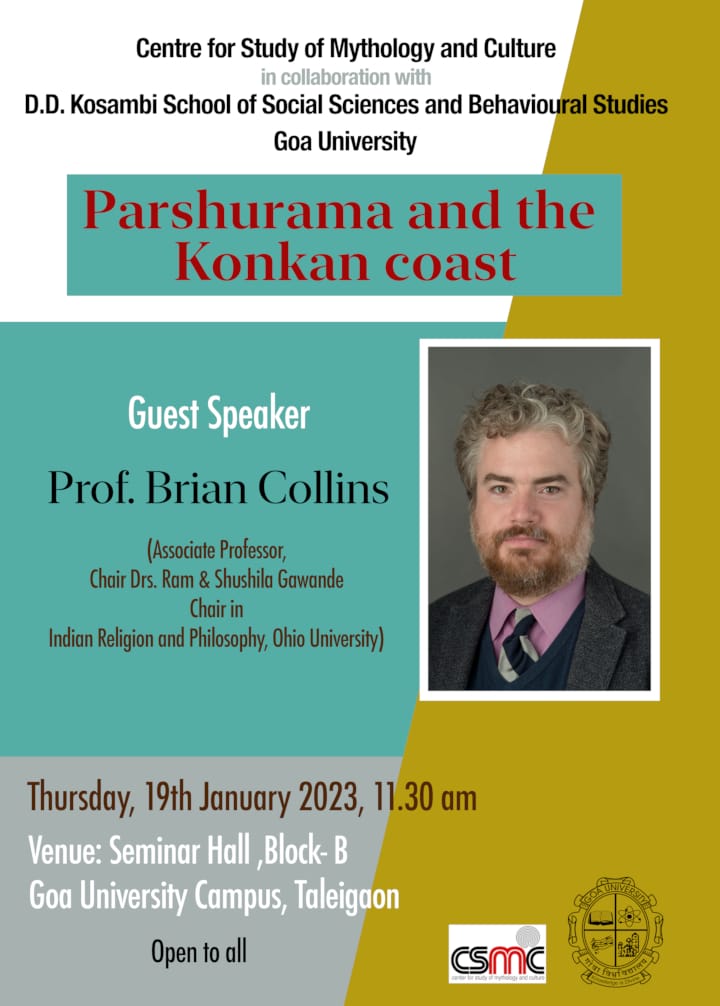
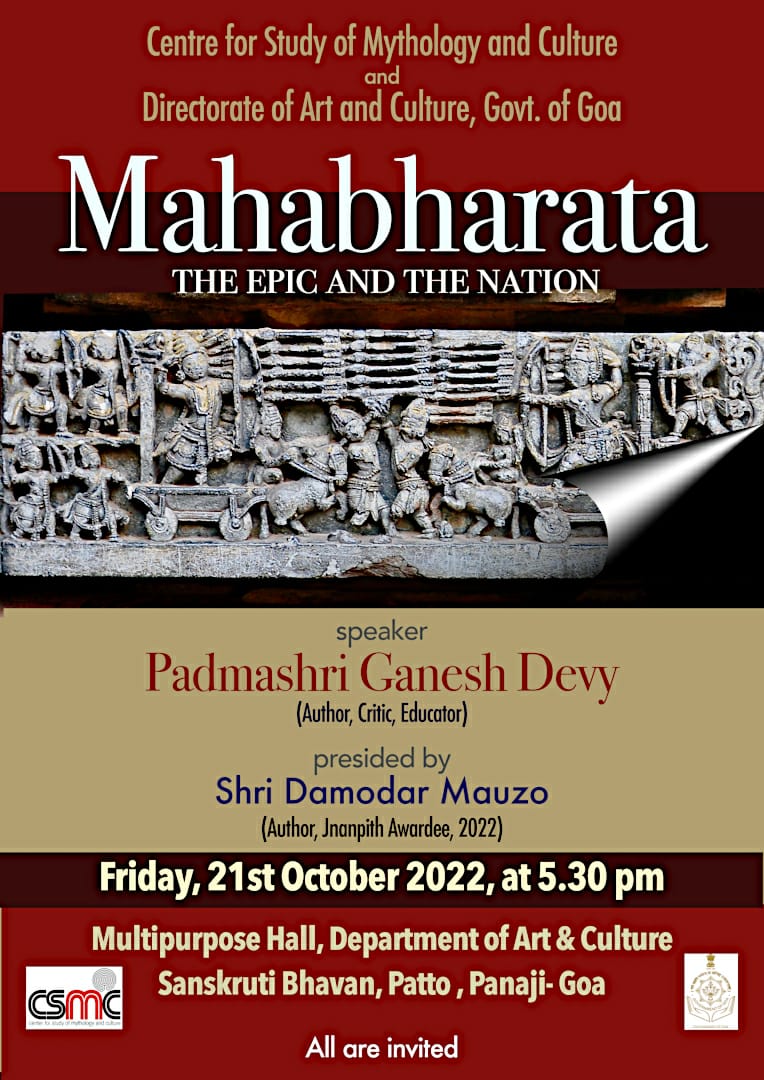
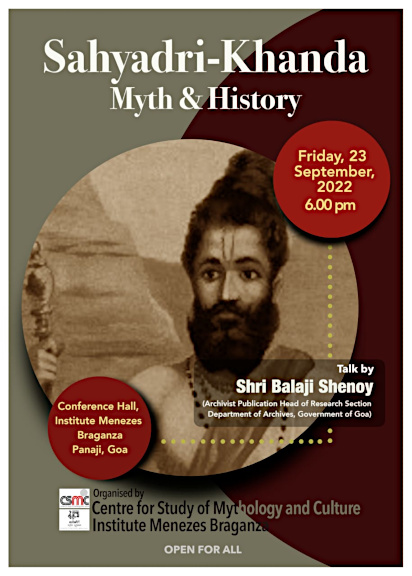
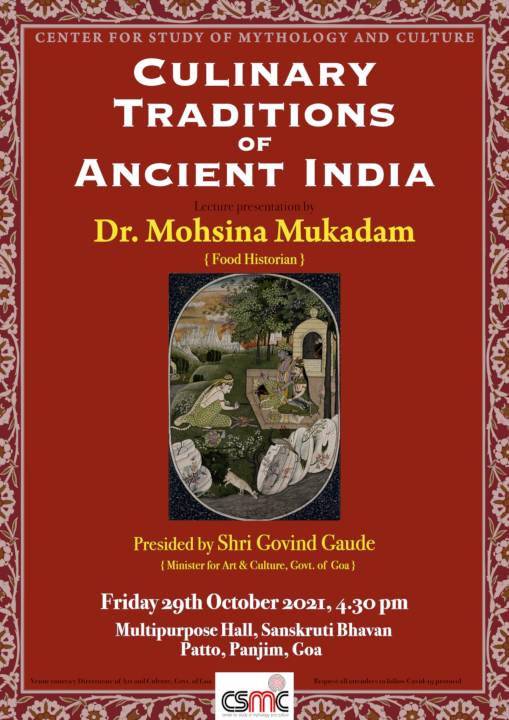

Leave a Comment